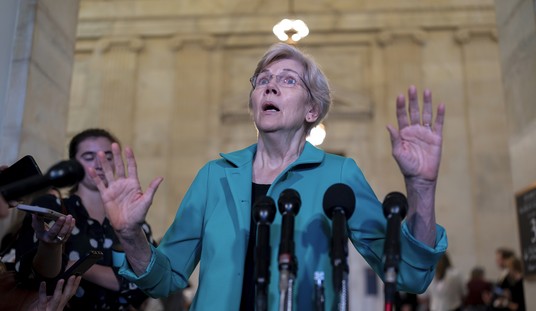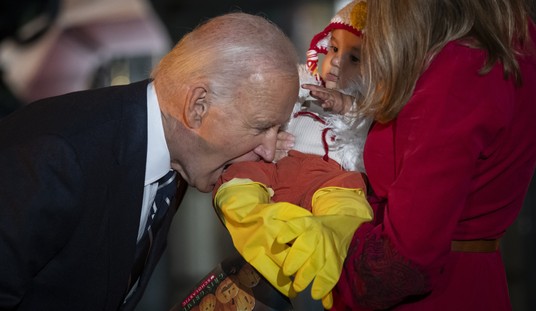On Friday, in its continuing attempt to hand over the American workplace to union bosses at all costs, the union-controlled National Labor Relations Board has thrown employees’ rights under the bus once again. This time, however, the NLRB’s obedience to union bosses could cause employees to get hurt.
Under the National Labor Relations Act, employees are presumably free to choose to unionize or not to unionize free from coercion or interference. In previous cases, the National Labor Relations Board had considered threats (even by third parties) enough cause for an election to be overturned. This was the case even recently:
Under NLRB precedent, the third party standard for determining if an election should be overturned is threatening behavior that makes a free choice in an election impossible through a general atmosphere of fear or reprisal.
The company charged several instances of union supporters threatening other employees with bodily harm and damage to their property if they crossed picket lines. In total, there were about 30 employees who had either been threatened or learned of the threats.
Unbelievably, on Friday, the union-controlled NLRB ruled that threats of physical violence by pro-union supporters is not coercive.
On August 22, 2008 the NLRB conducted an election where, by a vote of 14 to 12, the red-shirted Communications Workers of America (CWA) won the vote. Following the election, the employer filed objections, requesting the NLRB to overturn the election based upon alleged threats of physical violence made by pro-union supporters to their co-workers.
Specifically, the objections cite a statement by prounion employee Anthony Hodges to employee Matthew Abel that Hodges could “whip [employee Dennis Sheil’s] a*s” or sabotage his work; an anonymous telephone threat to employee Lou Mays that the caller would “get even” with him if he “backstab[bed] us”; and statements by prounion employee Chris Verbal to a group of three or four employees that Verbal would “b*tch slap” two other employees (who were not present at the time) or “whip their f—in’ ass” if they “cost us the election,” and that he would “whip [supervisor] Eddie’s ass” if the Union lost.
According to the union-controlled NLRB, the above threats were approved because…well…they just weren’t bad enough.
It is settled that the Board will not set aside an election based on third-party threats unless the objecting party proves that the conduct was “so aggravated as to create a general atmosphere of fear and reprisal rendering a free election impossible.”
In assessing the seriousness of an alleged threat, the Board considers the following factors: (1) the nature of the threat itself; (2) whether it encompassed the entire unit; (3) the extent of dissemination; (4) whether the person making the threat was capable of carrying it out, and whether it is likely that employees acted in fear of that capability; and (5) whether the threat was made or revived at or near the time of the election.
Given that the entire voting unit in this case was less than 30, it is hard to imagine that the threats from the pro-union supporters did not have some bearing on the outcome of the election—especially as the union only won by two votes.
NLRB Approves Pro-Union Thuggery
It would interesting to know if anti-union employees had made threats, whether the NLRB would have ruled the same way…
Probably not.
_________________
“I bring reason to your ears, and, in language as plain as ABC, hold up truth to your eyes.” Thomas Paine, December 23, 1776
















Join the conversation as a VIP Member